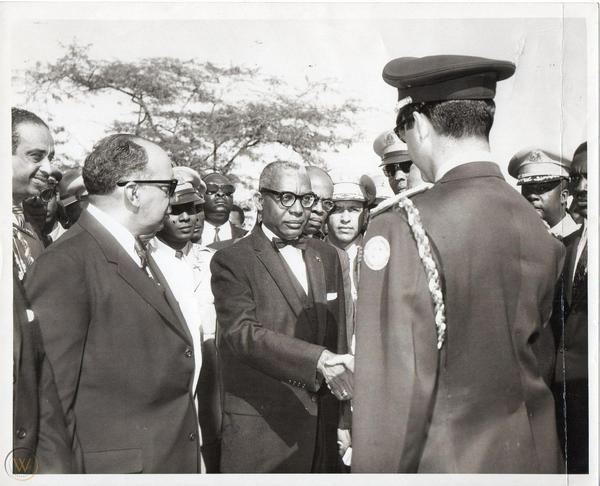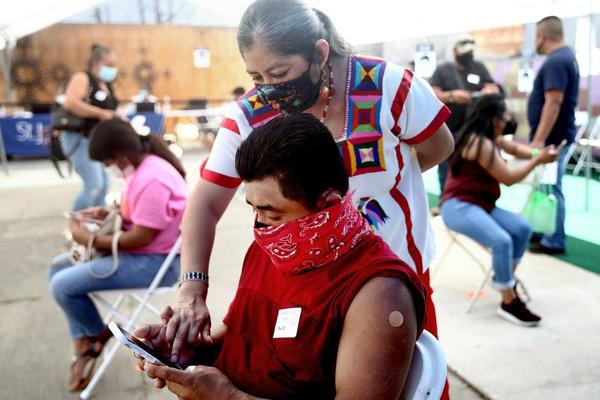University of Liverpool
•
17th December 2021
"Maybe I've found him ... the man I can't defeat" - A Multimodal Critical Discourse Study of Masculinity, Consumption, and Mental Health in Peaky Blinders
In terms of issues surrounding class, politics, gender, war, and even race, the content of Peaky Blinders (2013-) is so contextually rich that it almost seems created for academic analysis. To date, literature on one of the most popular contemporary European crime series has somewhat narrowly focused on its musical soundtrack (Shine, 2017), historical context (Long, 2017), or hints at the dangers of populism and fascism (Pagello, 2021). When the literature on Peaky Blinders has touched upon more implicitly political themes, such as the representation of masculinity and mental health, it does so with dismissive condemnation (Larke-Walsh, 2019). It rarely considers its lessons, capacity for destigmatisation, or potential applications amid the current sociopsychological climate, in which many individuals are being pushed closer to the precipice. In the UK alone, around fifteen people daily committed
suicide during 2020, with three-quarters of these being men (Office for National Statistics, 2021). In this light, the current literature on Peaky Blinders fails to recontextualise the series in the wider context of the dynamic between masculinity and mental health issues,
particularly those relating to consumption and suicide.







